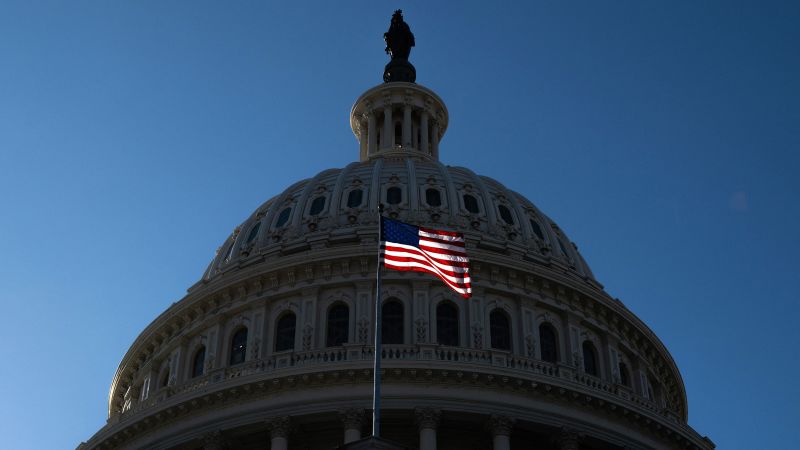On a notable Sunday evening, House Republicans unveiled the first details of their much-anticipated Medicaid overhaul plan, an initiative designed to trim billions from federal spending in a bid to support President Donald Trump’s broad tax and spending policies. This proposed change to the Medicaid system aims to address an urgent need for financial efficiency while also aligning with the administration’s overarching fiscal agenda.
The unveiling was orchestrated by Brett Guthrie, the Chairman of the House Energy and Commerce Committee, whose leadership highlighted significant new guidelines aimed at reducing government expenditure. Among the central tenets of this strategy is the introduction of work requirements for adults characterized as physically able to work. This initiative reflects an intent to incentivize employment and encourage self-sufficiency among Medicaid beneficiaries. Additionally, more frequent eligibility checks for those benefitting from the program signal a renewed commitment to ensuring that Medicaid serves only those most in need.
However, the plan does not align with the more aggressive reform strategies championed by certain more radical factions within the House GOP. Instead, it manifests as a compromise, likely reflecting the preferences of party moderates and potentially obtaining more palatable approval across chambers, particularly within the Senate. This bridging of ideologies might facilitate smoother passage of the legislative package given the current political climate.
While initial text for the legislative plan has been publicly shared, its provisions are likely to be adjusted further ahead of a crucial committee vote anticipated midweek. This period of negotiation and modification illustrates the dynamic and often contentious nature of legislative processes, especially within a polarized political environment. Central to this endeavor is House Speaker Mike Johnson and his leadership team, who must navigate a complex web of interests in order to converge on a workable agreement surrounding Trump’s strategic domestic policies.
Guthrie articulated a pressing financial goal of cutting $880 billion from programs overseen by the Energy and Commerce Committee over the next decade. Achieving this objective is deemed essential for garnering robust conservative support for the overall initiative. The complexity within this goal also stems from realities on the ground, as Medicaid remains a significant, costly health care program governed by a federal-state partnership. Hence, proposed structural changes are inherently contentious.
In a recent opinion piece for The Wall Street Journal, Guthrie described the committee’s Medicaid proposal as a “common sense” approach aimed at tackling excessive spending in a crucial area of government financial outlay. He emphasized the imminent dangers posed by unchecked Medicaid expenses, arguing that without reformative efforts, Washington risks facing dire consequences for this essential program, thus framing the reform as necessary for sustainability.
Furthermore, the panel’s proposed adjustments to the Federal Medical Assistance Percentage (FMAP), which governs how federal funds are allocated to states for Medicaid, have stirred debate. The proposal would include financial penalties for states that extend Medicaid benefits to undocumented immigrants, reducing their federal contributions by 10%. This move suggests a strategic targeting of states perceived as liberal, particularly California, aligning with broader conservative objectives.
In his commentary, Guthrie alluded to additional Republican priorities, including the potential repeal of various elements of the previous administration’s climate legislation. This aspect of their agenda risks confrontation with GOP moderates, some of whom advocate for retaining specific tax credits embedded within that legislation.
As legislative developments unfold, the House Ways and Means Committee has indicated plans to mark up its own concurrent legislative package, highlighting the complex interplay of fiscal policy and party dynamics. Notably, contentious issues surrounding the state and local tax deduction (SALT) remain unresolved, indicating ongoing negotiations within the party as they grapple with conflicting interests.
In summary, the Medicaid overhaul plan proposed by House Republicans signals a critical moment in the ongoing legislative processes under the Trump administration. Deliberations continue around balancing fiscal responsibility with social welfare obligations, and the upcoming days will reveal the extent to which consensus can be achieved among party members.



